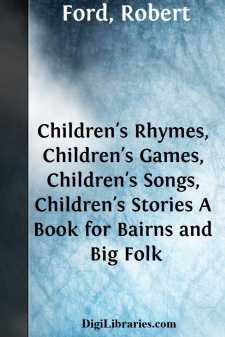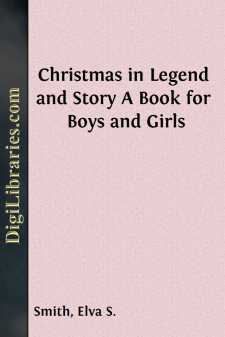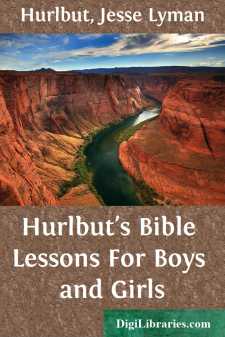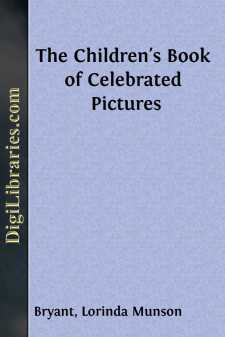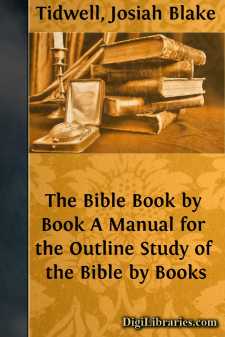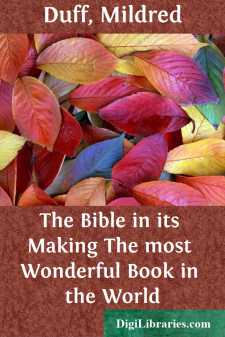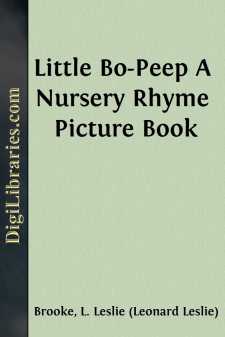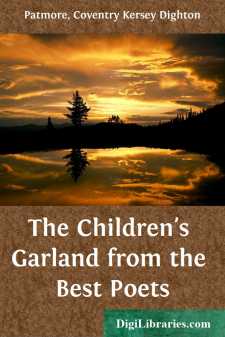Categories
- Antiques & Collectibles 13
- Architecture 36
- Art 48
- Bibles 22
- Biography & Autobiography 815
- Body, Mind & Spirit 144
- Business & Economics 28
- Children's Books 18
- Children's Fiction 14
- Computers 4
- Cooking 94
- Crafts & Hobbies 4
- Drama 346
- Education 58
- Family & Relationships 59
- Fiction 11833
- Games 19
- Gardening 17
- Health & Fitness 34
- History 1378
- House & Home 1
- Humor 147
- Juvenile Fiction 1873
- Juvenile Nonfiction 202
- Language Arts & Disciplines 89
- Law 16
- Literary Collections 686
- Literary Criticism 179
- Mathematics 13
- Medical 41
- Music 40
- Nature 179
- Non-Classifiable 1768
- Performing Arts 7
- Periodicals 1453
- Philosophy 65
- Photography 2
- Poetry 896
- Political Science 203
- Psychology 44
- Reference 154
- Religion 515
- Science 126
- Self-Help 85
- Social Science 82
- Sports & Recreation 34
- Study Aids 3
- Technology & Engineering 59
- Transportation 23
- Travel 463
- True Crime 29
Our website is made possible by displaying online advertisements to our visitors.
Please consider supporting us by disabling your ad blocker.
Children's Rhymes, Children's Games, Children's Songs, Children's Stories A Book for Bairns and Big Folk
by: Robert Ford
Categories:
Description:
Excerpt
RHYMES OF THE NURSERY.
Writing on the subject of nursery rhymes more than half a century ago, the late Dr. Robert Chambers expressed regret because, as he said, "Nothing had of late been revolutionised so much as the nursery." But harking back on the period of his own childhood, he was able to say, with a feeling of satisfaction, that the young mind was then "cradled amidst the simplicities of the uninstructed intellect; and she was held to be the best nurse who had the most copious supply of song, and tale, and drollery, at all times ready to soothe and amuse her young charges. There were, it is true, some disadvantages in the system; for sometimes superstitious terrors were implanted, and little pains were taken to distinguish between what tended to foster the evil and what tended to elicit the better feelings of infantile nature. Yet the ideas which presided over the scene," he continues, "and rung through it all the day in light gabble and jocund song, were simple, often beautiful ideas, generally well expressed, and unquestionably suitable to the capacities of children.... There was no philosophy about these gentle dames; but there was generally endless kindness, and a wonderful power of keeping their little flock in good humour. It never occurred to them that children were anything but children—'Bairns are just bairns,' my old nurse would say—and they never once thought of beginning to make them men and women while still little more than able to speak." They did not; and, in the common homes of Scotland, they do not to this hour. The self-same rhymes and drollery which amused Dr. Chambers as a child are amusing and engaging the minds and exercising the faculties of children over all the land even now. I question if there is a child anywhere north of the Tweed who has not been entertained by
Brow, brow, brinkie, Ee, ee, winkie, Nose, nose, nebbie, Cheek, cheek, cherrie, Mou, mou, merry, Chin, chin, chuckie, Curry-wurry! Curry-wurry! etc.
Or the briefer formula, referring only to the brow, the eye, the nose, and the mouth, which runs:—
Chap at the door, Keek in, Lift the sneck, Walk in.
And it was only the other evening that I saw a father with his infant son on his knee, having a little hand spread out, and entertaining its owner by travelling from thumb to little finger, and repeating the old catch:—
This is the man that broke the barn, This is the man that stole the corn, This is the man that ran awa', This is the man that tell't a', And puir Pirly Winkie paid for a', paid for a'.
As well as its fellow-rhyme:—
This little pig went to the market, This little pig stayed at home; This little pig got roast beef, This little pig got none; This little pig cried, Squeak! squeak! I can't find my way home.
Than the nonsense rhymes and capers that have delighted the nursery life of Scotland for many generations, none, of course, could be more delectable—none more suitable. While charming the sense, they have awakened imagination and developed poetic fancy in thousands who otherwise might have blundered into old age proving stolid and uninteresting men and women. They are, for this reason, part and parcel of every properly-balanced life, and the healthy and happy mind can never let them go.
Johnny Smith, my fallow fine, Can you shoe this horse o' mine? Yes, indeed, and that I can, Just as weel as ony man. Ca' a nail into the tae, To gar the pownie climb the brae; Ca' a nail into the heel, To gar the pownie trot weel; There's a nail, and there's a brod, There's a pownie weel shod, Weel shod, weel shod, weel shod pownie.
What pleasing recollections of his own early childhood many a father has had when, sitting with his child on his knee, he has demonstrated and chanted that rude rhyme by the fireside o' nights far, as often has been the case, from the scene where he learned it! To know such is to realise one, at least, of the various reasons why the old delight in the frolics of the young.
Hush-a-by baby on the tree top, When the wind blows the cradle will rock; When the bough breaks the cradle will fall, And down will come cradle and baby and all.
This is a rhyme which "every child has joyed to hear." Its origin, as told in the records of the Boston (U.S.) Historical Society, is not more curious than beautiful and significant....


